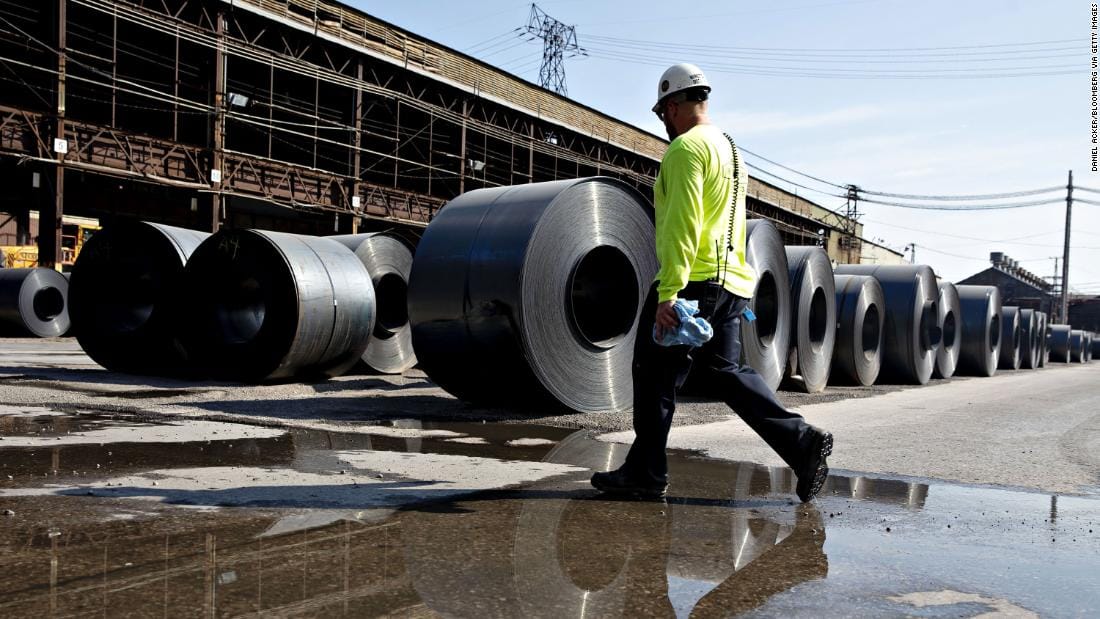In a critical moment for the UK economy, Chancellor Rachel Reeves is preparing to address Members of Parliament (MPs) as market nerves heighten. The session comes at a time when economic indicators suggest a period of uncertainty, prompting both political and public scrutiny of the government’s fiscal policies. As the Chancellor steps into the parliamentary chamber, the focus will be on how the government plans to navigate the challenges posed by inflation, public spending, and overall economic growth.
The UK economy has been grappling with a series of challenges in recent months. Inflation rates have surged, driven by a combination of global supply chain disruptions, rising energy costs, and increased consumer demand as the country emerges from the pandemic. These factors have contributed to a cost-of-living crisis for many households, leading to heightened concerns about economic stability and growth. In this context, Chancellor Reeves’ address is anticipated to provide clarity on the government’s strategy to mitigate these issues.
During her speech, Reeves is expected to outline the government’s commitment to fiscal responsibility while also emphasizing the need for targeted investment in key sectors. The Chancellor may highlight initiatives aimed at stimulating economic growth, such as infrastructure projects and support for small businesses. These measures are seen as essential for fostering a resilient economy capable of withstanding external shocks.
Moreover, the Chancellor’s address will likely touch upon the importance of maintaining investor confidence in the UK market. As market nerves persist, there is a growing need for the government to reassure both domestic and international investors about the stability of the UK economy. This includes addressing concerns related to public debt levels and the sustainability of government spending. Reeves may provide insights into the government’s plans for managing public finances while ensuring that essential services and investments are not compromised.
The session is also expected to address the ongoing challenges posed by Brexit. The transition period has brought about significant changes in trade relationships and regulatory frameworks, which have had a direct impact on various sectors of the economy. The Chancellor may discuss the government’s approach to navigating these complexities and fostering a competitive environment for UK businesses in the global market.
As MPs prepare to question the Chancellor, there is likely to be a range of perspectives on the government’s economic strategy. Opposition parties may challenge the effectiveness of current policies and call for more robust measures to support struggling households and businesses. The debate is expected to reflect the diverse concerns of constituents across the country, highlighting the need for a balanced approach to economic management.
In addition to addressing immediate economic concerns, Chancellor Reeves may also outline the government’s long-term vision for the UK economy. This could include discussions on sustainability, innovation, and the transition to a green economy. As the world increasingly prioritizes environmental considerations, the UK government has an opportunity to position itself as a leader in sustainable economic practices.
The outcome of this parliamentary session could have significant implications for the government’s economic agenda moving forward. As market nerves continue to influence public sentiment, the Chancellor’s ability to communicate a clear and coherent strategy will be crucial in restoring confidence among stakeholders. The session will serve as a platform for Reeves to articulate the government’s priorities and engage with MPs on the pressing issues facing the UK economy.
In conclusion, Chancellor Rachel Reeves’ upcoming address to MPs comes at a pivotal time for the UK economy. With market nerves on the rise and a host of economic challenges to address, the Chancellor’s speech will be closely scrutinized for its content and implications. As the government seeks to navigate this complex landscape, the session will provide an opportunity for dialogue and debate on the future direction of the UK economy.


